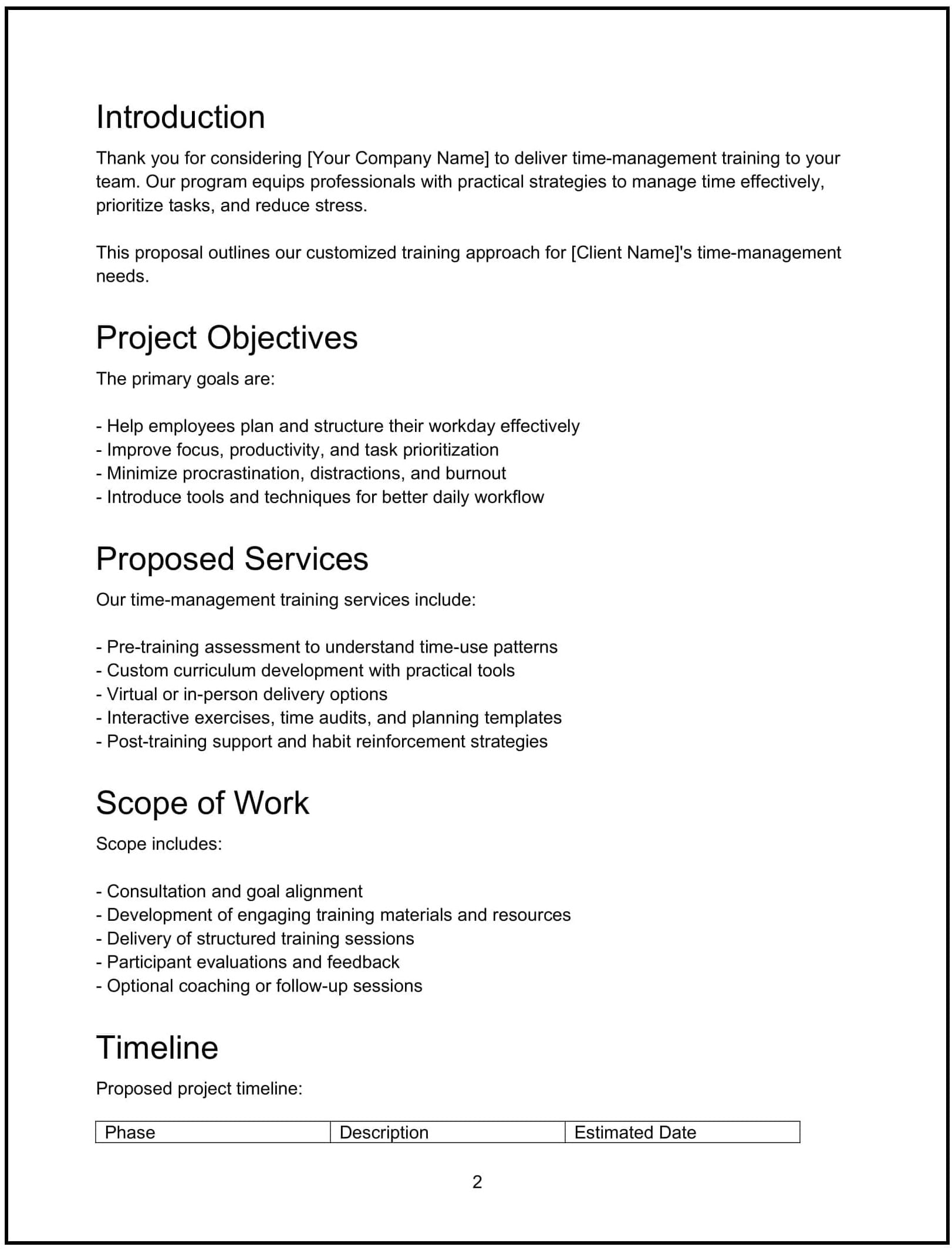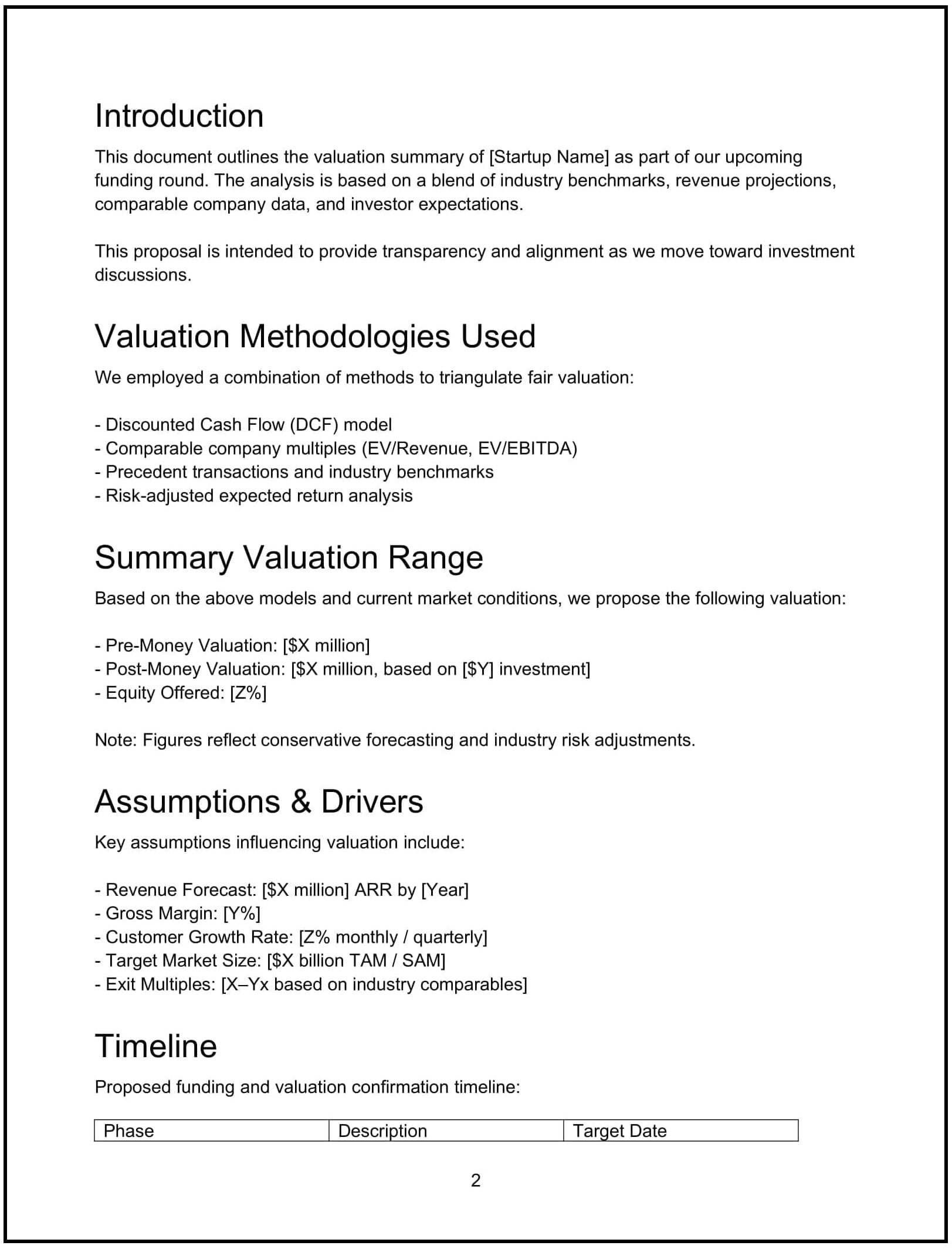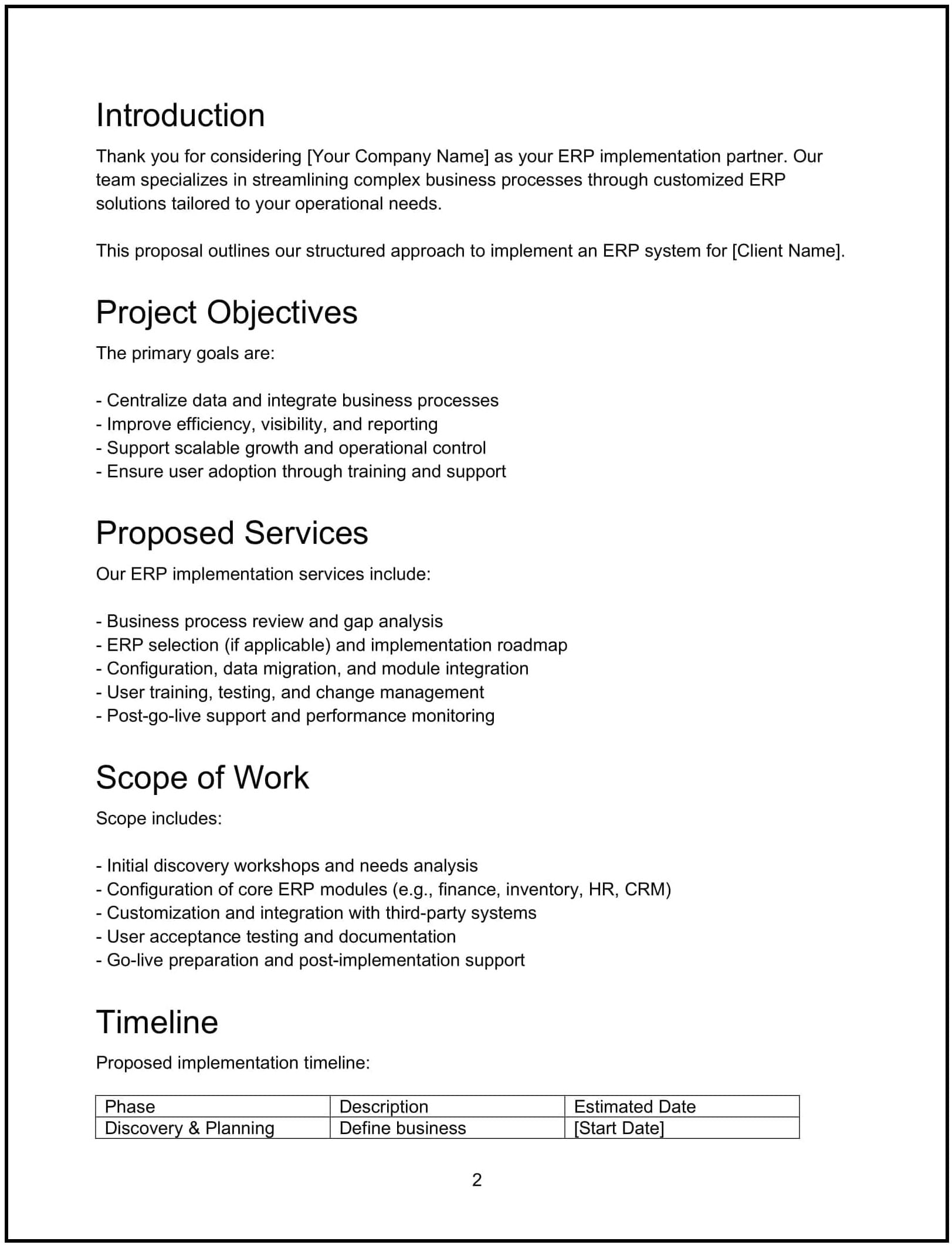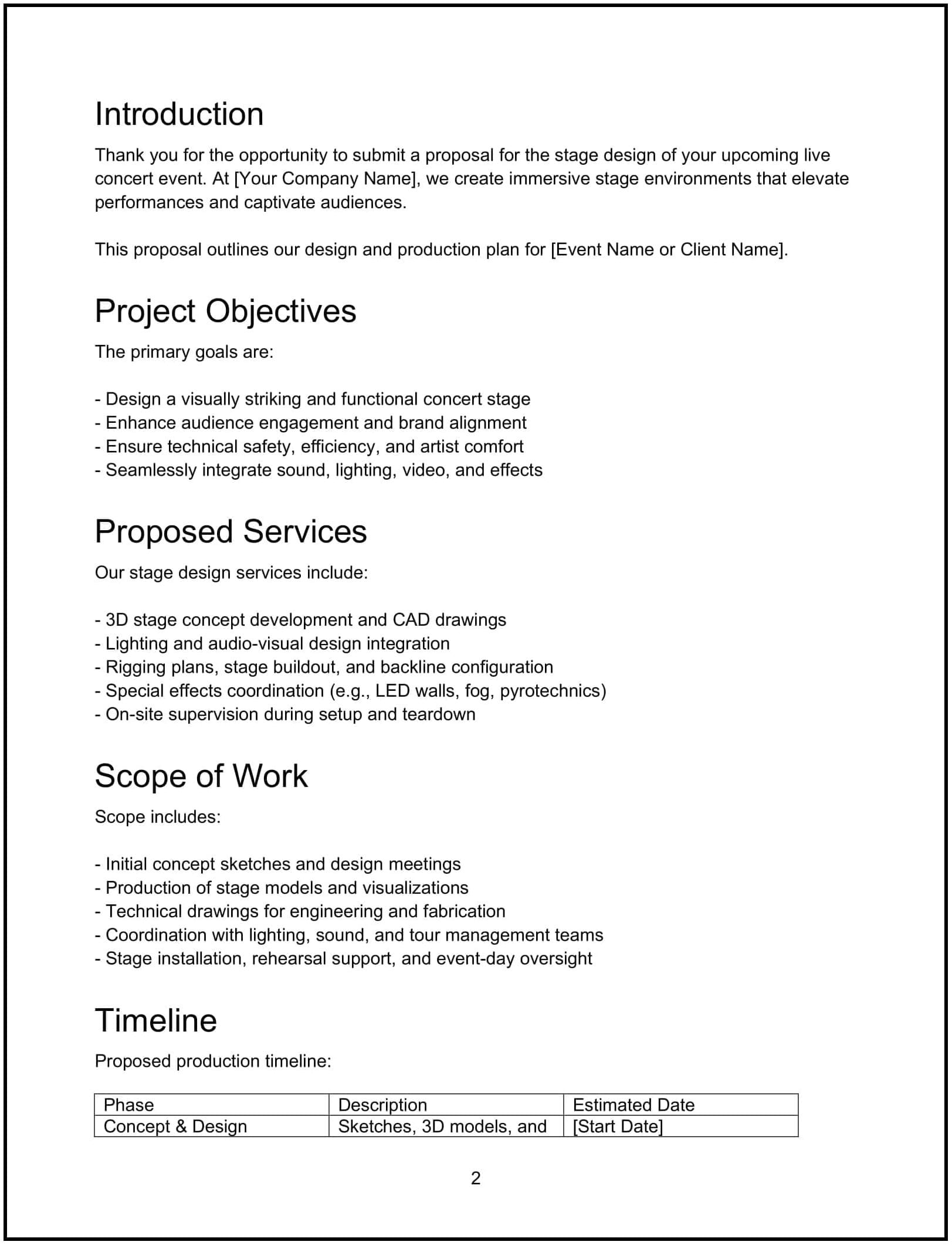Got contracts to review? While you're here for proposals, let Cobrief make contract review effortless—start your free review now.

Customize this template for free
Customize this free time management training proposal with Cobrief
Open this free time management training proposal in Cobrief and start editing it instantly using AI. You can adjust the tone, structure, and content based on your offer, the client’s goals, and the audience's roles. You can also use AI to review your draft — spot gaps, tighten language, and improve clarity before sending.
Once you're done, send, download, or save the proposal in one click — no formatting or setup required.
This template is fully customizable and built for real-world use — ideal for helping teams improve productivity, reduce burnout, or adopt better daily work habits. Whether you’re creating proposals regularly or occasionally, this version gives you a structured head start and removes the guesswork.
What is a time management training proposal?
A time-management training proposal is a document used to present structured training that helps professionals manage their time, prioritize effectively, and work more productively. It outlines the training goals, session format, key topics, tools introduced, and expected outcomes.
Often used by HR or L&D teams looking to improve workplace performance, this proposal is helpful for both frontline staff and leadership groups. It’s common in fast-paced or high-growth environments where teams are struggling with prioritization, distractions, or time-wasting processes.
A good time-management training proposal helps you:
- Address specific productivity and focus challenges in a structured way.
- Set expectations around format, delivery, and takeaways.
- Show your credibility as a trainer and guide.
- Move the client closer to approval and scheduling.
Use this proposal when you’re helping a team or organization implement smarter habits, structure their workdays, or improve time-use across the board.
Why use Cobrief to edit your proposal
Cobrief gives you a faster, smarter way to customize and polish your proposal directly in your browser — with built-in AI to support your writing.
- Edit the proposal directly in your browser: No setup or formatting required — just click and start working.
- Rewrite sections with AI: Highlight any sentence and choose from smart rewrite options like simplify, rephrase, or change tone.
- Run a one-click AI review: Get actionable suggestions to improve flow, fix vague language, or fill in missing detail.
- Apply AI suggestions instantly: Review and accept individual AI suggestions, or apply all improvements across the proposal in one click.
- Share or export instantly: Send your proposal via Cobrief or download a clean PDF or DOCX file — ready to share with clients.
No formatting headaches, no guessing — just a clean, guided experience from start to finish.
When to use this proposal
This time management training proposal works well in scenarios like:
- Helping teams overwhelmed by workload or task-switching: Introduce structure and focus through training.
- Improving productivity in fast-scaling companies: Equip teams with tools and strategies that scale.
- Coaching managers or ICs on prioritization: Help individuals make smarter decisions about their time.
- Reducing burnout and inefficiency: Address poor time use and energy drain with practical strategies.
- Supporting hybrid or remote teams: Reinforce time-management habits in distributed environments.
Use this proposal when you want to bring clarity, structure, and focus to how teams manage their day-to-day work.
What to include in a time management training proposal
Each section in this template helps you communicate your offer clearly and professionally. Here's what to include — and how to tailor it:
- Executive summary: Start with a brief overview of the training and how it addresses the client’s current productivity or focus challenges. Reference known symptoms like missed deadlines, meeting fatigue, or low output.
- Training objectives: List the specific goals of the training — such as better prioritization, effective calendar use, or reducing time-wasting habits.
- Session structure and content: Outline the number of sessions, delivery format, and topics (e.g., goal-setting, deep work, batching, task management tools).
- Timeline: Include a delivery schedule with milestones — for example, training kickoff, live sessions, check-ins, or optional follow-ups.
- Pricing: Break down the cost by session, group, or full program. Note what's included (e.g., workbooks, self-assessments, access to tools or templates).
- Terms and conditions: Clarify payment terms, rescheduling policies, and expectations around pre-work or post-training feedback.
- Next steps: Close with a clear CTA — such as confirming scope, scheduling the kickoff, or sending a signed approval.
How to write an effective time-management training proposal
A great time management proposal is structured, actionable, and relevant to how people actually work. Here’s how to make yours more effective:
- Show empathy for common time challenges: Frame your offer as a solution to real, felt problems like distraction, burnout, or overload.
- Use practical, non-theoretical language: Clients want tools and takeaways — not abstract advice.
- Be clear about session content: List tangible techniques or habits participants will learn and practice.
- Tailor to different audiences: Mention if content is customized for leadership, ICs, or cross-functional teams.
- Include proof of results if possible: Share past outcomes like improved output or shorter task cycles.
- Keep the path forward simple: Offer one next step that gets the ball rolling.
Frequently asked questions (FAQs)

Proposes a startup valuation summary, outlining valuation methods, financial projections, market comparables, and key assumptions to support fundraising and strategic decision-making.

Proposes an ERP implementation plan, detailing system selection, data migration, process integration, user training, and change management to streamline operations and improve business performance.

Proposes a live concert stage design plan, outlining visual concepts, technical requirements, safety considerations, and production timelines to create an impactful and immersive performance environment.